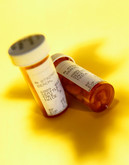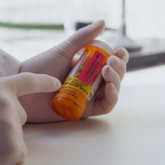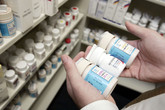Generics/Research
|
Posted 11/12/2020
Introduction of measures to stimulate increased sale of generics swept over the Nordic countries in the 2000s. In Sweden, in 2002, generics substitution for reimbursed prescription drugs was made mandatory and the switching rates rose over the years to reach almost 100%. Although generics policies seem to be reserved for the prescription drug market [1], a contagion effect has been observed in the market for over-the-counter (OTC) drugs. Soon after the Swedish state monopoly on the sale of pharmaceutical products was terminated and new measures to boost sales of generic prescriptions was put in place in 2009, new generic brands of the top-selling OTC analgesics emerged on the market, all with a lower price compared with previously established brands [2]. Since OTC drugs are usually excluded from pharmaceutical benefit schemes, it is reasonable to expect a demand for cheaper brands when such options exist. Albeit, time has shown that the original brands often hold their position as OTC market leaders.






























